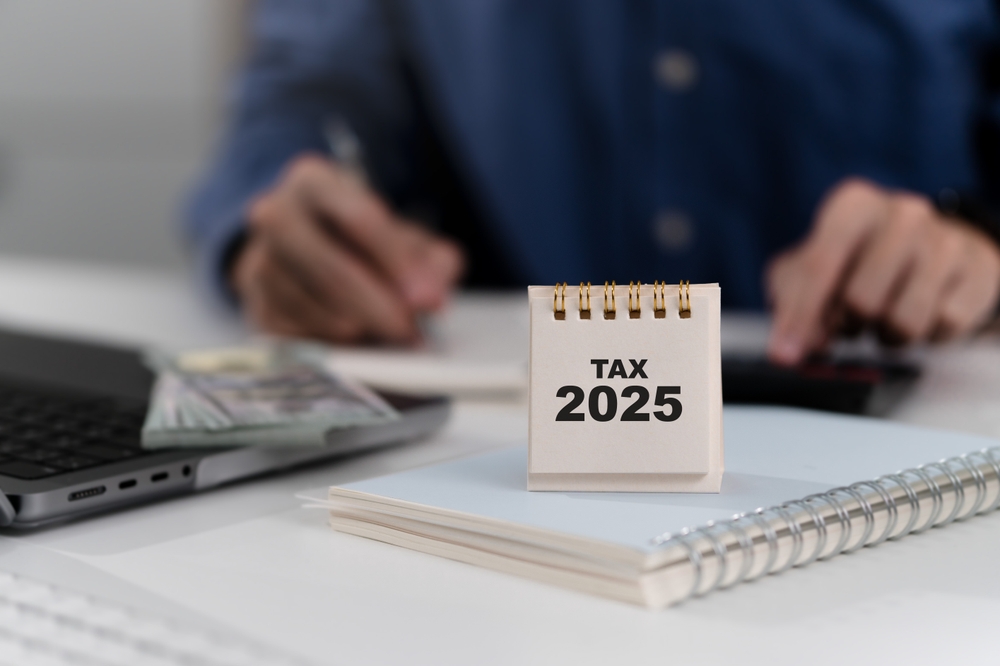


If you run an incorporated business in Canada, one of the most important decisions you’ll make each year is how to pay yourself.
Should you take a salary, pay yourself in dividends, or use a combination of both?
There’s no one-size-fits-all answer—but understanding the pros and cons of each approach can help you make a smarter, more tax-efficient decision.
Let’s break it down.
A salary is just like it sounds—you receive regular payments from your corporation, and it’s taxed as employment income.
Pros:
Cons:
Dividends are distributions of after-tax corporate profits, usually paid out as needed rather than on a fixed schedule.
Pros:
Cons:
For many small business owners, the best solution is a hybrid approach. You might pay yourself enough salary to:
Then supplement with dividends to minimize tax and pull out profits efficiently.
This flexible method gives you the best of both worlds—retirement savings, predictable income, and tax efficiency.
Let’s say you own a successful incorporated business and want to take out $80,000 this year. You could:
Every situation is different—so it’s worth reviewing your goals, income needs, and long-term plans with a professional.
How you pay yourself affects more than just your tax bill—it impacts your retirement planning, loan eligibility, and even future benefits. That’s why we recommend reviewing your compensation strategy at least once a year, especially before year-end.
Need help figuring out the best approach for your situation?
At Numberra, we’ll walk you through the numbers and build a plan that fits your goals.
Contact us to schedule a personalized consultation.


Every year, the Canada Revenue Agency (CRA) updates tax rules, brackets, credits, and filing processes.
.jpg)
Have you ever gotten a raise and wondered if you'll end up taking home less money?

Whether you’re a new business or just trying to keep your books in better shape, here's what to avoid.